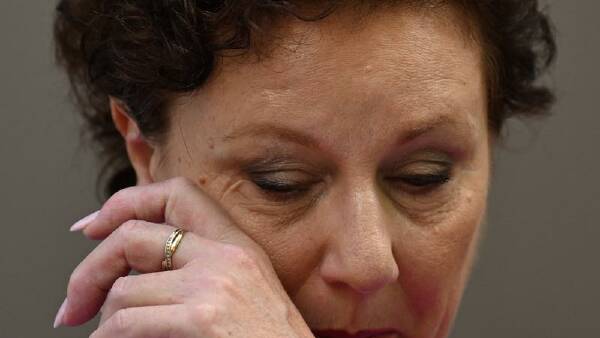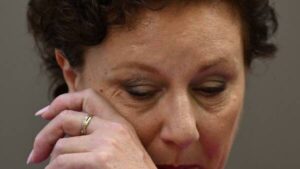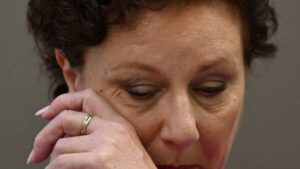
The New South Wales (NSW) government has proposed a compensation offer of $2 million to Kathleen Folbigg, who spent nearly two decades in prison after being wrongfully convicted of murdering her four children. This offer has raised significant concerns regarding transparency and the principles of open justice in the compensation process.
The NSW Premier, Chris Minns, has stated that the government will not increase the compensation amount without a court order, despite widespread criticism regarding its adequacy. High-profile lawyer Sam Tierney remarked that such a sum seems disproportionately low given Folbigg’s lengthy imprisonment and suffering over the last 20 years. He previously represented David Eastman, who received $7 million after being wrongfully convicted of murder.
Concerns about the lack of transparency surrounding the ex gratia payment process persist. Tierney emphasized that it is crucial for the decision-makers to provide reasoning for their compensation amounts. “It seems only fair and reasonable that the decision maker would issue reasons explaining why they arrived at a particular figure,” he told the Australian Associated Press. He further suggested that both state and federal legislatures should consider implementing Human Rights Acts to empower courts to review such decisions.
Folbigg was convicted in 2003 for the deaths of her children but was pardoned and released in June 2023 after new scientific evidence introduced reasonable doubt about her convictions. Premier Minns has indicated that Folbigg and her legal team are free to pursue further action if they deem the current offer insufficient. “There’s no future action that cannot be pursued by Ms Folbigg or her lawyers,” he stated.
The NSW Attorney-General Michael Daley’s office has refrained from commenting on whether any reasoning will be provided regarding the compensation offer. Tierney noted that without such reasoning, challenging the decision would be difficult. Unlike court-driven compensation claims, which are based on legal precedents, ex gratia payments are made at the discretion of state cabinets and do not have a structured process.
Critics have described the amount offered to Folbigg as inadequate. Opposition Leader Mark Speakman characterized it as unfair, stating, “This is all about showing some empathy for someone whose conviction has been overturned. Her conviction was wrongful. She suffered enormously.” Folbigg’s solicitor, Rhanee Rego, echoed these sentiments, labeling the offer as a “moral affront.”
Greens MP Sue Higginson condemned the compensation proposal, referring to it as “an absolute slap in the face.” The situation has drawn comparisons to other Australians who were wrongfully convicted of homicide and received varying amounts of compensation.
For example, Darryl Beamish was wrongfully convicted and received $425,000 in compensation after his conviction was overturned, while Lindy Chamberlain, who was also wrongfully convicted, received $1.3 million in compensation. In contrast, the compensation offered to Folbigg appears disproportionately small given the context of her case and the significant emotional and psychological toll of her wrongful conviction.
As the debate continues, the broader implications of this case raise questions about the adequacy of compensation systems and the need for reforms to ensure justice for those wrongfully imprisoned in Australia. The government’s stance on the issue may necessitate further legal scrutiny and advocacy for change in how compensation is handled for wrongfully convicted individuals.






